-
-
-
Sicap Foire, Lot number 17, Zone C, Dakar, Senegal.
MARIAMA SONKO'S FIGHT FOR AGROECOLOGY AND THE RIGHTS OF WOMEN FARMERS
"They tried to shut me up, but they couldn't."
- Home
- MARIAMA SONKO'S FIGHT FOR AGROECOLOGY AND THE RIGHTS OF WOMEN FARMERS
"They tried to shut me up, but they couldn't."
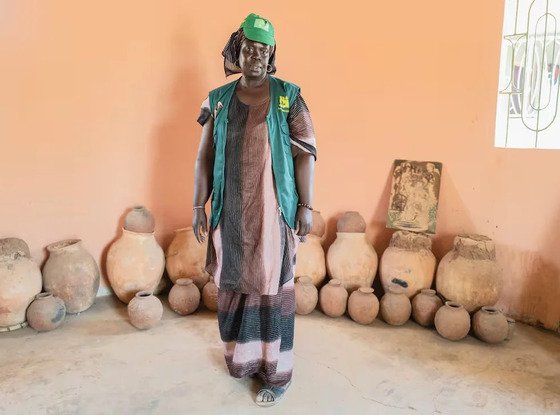
Nov 11 2024
MARIAMA SONKO'S FIGHT FOR AGROECOLOGY AND THE RIGHTS OF WOMEN FARMERS
"They tried to shut me up, but they couldn't."
This Senegalese woman presides over a regional organization of 175,000 women farmers in eight countries. Her dream is for the land to return to those who work it.
In Africa, agroecology is nothing more than a form of food sovereignty traditionally managed by women.
Mariama Sonko married at the age of 17. Under pressure from her family, she moved to Niaguis, her husband's village. A small farming village in the Casamance region of southern Senegal. There, she began working with vegetables and became involved in a women's farming association. She noted with anger that tradition prevented women from owning land, and that they could only aspire to rent it under abusive conditions. Laws could now say whatever they wanted: the weight of custom turned her and her comrades' supposed egalitarian zeal into a dead letter.
That was some twenty years ago. This episode of injustice particularly irritated the young Sonko. With a group of women farmers, she had leased a few hectares of land from a marabout, an Islamic religious leader. After years of hard work - clearing, weeding, ploughing and sowing from sunup to sundown - the marabout announced that he wished to terminate the lease. It was no coincidence that the man made his decision just as the land was beginning to produce good harvests. "I was outraged. I told him he couldn't throw us out just when our efforts were starting to bear fruit," says Sonko in a park in Turin (Italy), where she went at the end of September 2024 to take part in Terra Madre, the fair organized by the movement Slow Food.
Sonko paid dearly for his defiance of the religious leader. "A scandal broke out. The village elders accused me of pitting men and women against each other. I replied that what had been done to us was morally wrong. But it didn't do much good," she asserts. She became an outcast in Niaguis. She was forbidden to continue participating in the community movement and was stripped of a position she held on the town council. "They tried to silence me, but they couldn't," she says proudly, with her firm pose, laconic gestures and booming voice.
Sonko, now 52, says that whenever they tried to humiliate her, she always stood up instead of being intimidated. This happened when she was a child visiting her mother's family in Dakar. Some children harassed her because she was a Jola, the majority ethnic group in Casamance, others called her a "hungry bitch". "In the capital, some people consider us savages. I've always been physically strong. I used to stand up to them and, if I had to, I'd hit them to make them understand that it was the last time they'd say that to me", she explains. In Africa, agroecology is nothing other than a form of food sovereignty traditionally managed by women.
At the time of the incident with the maraboutSonko had already made a name for herself in the region, notably as head of the federation of women's organizations in Ziguinchor, one of the three provinces of Casamance. "It was from there that I continued my fight, raising awareness and training fellow women. On the radio and in forums. In private conversations and in peasant women's circles. At every opportunity, Sonko got her message across: land for those who work it.
The solution
Years later, he began to observe with concern how Alliance for a Green Revolution in Africa (AGRA), created in 2006, seeks to impose an agro-industrial model on the continent. Sonko rejects the idea of an African countryside planted with genetically modified seeds and riddled with chemical fertilizers and pesticides. Little by little, his personal cause has crystallized, in which the fight for women's rights and the defense of an environmentally-friendly food system converge. Sonko sees this eco-feminist symbiosis as natural: "In Africa, agroecology is nothing other than a form of food sovereignty traditionally taken over by women".
In 2011, together with 12 organizations from five countries (Senegal, Burkina Faso, Guinea-Conakry, Mali and Ghana), she created the movement she now chairs: We Are the Solution (NSS). She argues that only women can spearhead the remedy to the problem of hyper-technicalized, intensive agriculture, which she describes as an absolute catastrophe. "It threatens to destroy everything our ancestors left us, especially fertile soils and indigenous seeds," she stresses.
The NSS movement currently comprises over 800 organizations representing some 175,000 women farmers in eight countries (the original five have now been joined by Côte d'Ivoire, Gambia and Guinea-Bissau). Despite the logical diversity of such a vast movement, one objective is central: that women farmers own the land they cultivate and produce according to the principles of agroecology. Without chemicals or deforestation. Using ancestral knowledge and adding scientific knowledge and innovations adapted to the context. If progress is to be made in this direction, the NSS movement aims to bring about a new mentality among men who "recognize the role of women as pioneers in the world of agriculture". territory development".continues Sonko. Despite the progress made, she explains that in the fields of West Africa, "contempt" for women still prevails. A strong inertia persists, underpinned, with a few exceptions, by a desire not to question the status quo: "Most men think, without further ado, that this is the way things should be done because this is the way they have always been done".
Respect for the environment and freedom
NSS rejects the legal battle and uses weapons of persuasion reinforced by pure logic. "We insist on the advantages of women being able to buy or inherit land. For example, because it increases the family's wealth. We use these kinds of arguments to get men to open up". According to her, the strategy is working: "Thanks to our work, many women in West Africa are now cultivating their own land. We insist on the advantages of women being able to buy or inherit land. For example, because it increases the family's wealth. We use these kinds of arguments to get men to open up".
In the strictly agricultural debate, NSS asserts the force of facts. "The agribusiness sector accuses us of being ignorant, of bringing poverty... As always. We're not interested in a theoretical or abstract conversation. We simply invite people to visit our farms so they can judge for themselves". According to Sonko, in the plantations promoted by the movement, everything is harmonized as part of a "sustainable system, with biofertilizers and bioprotectors, which produces good yields". The ultimate goal is to achieve food sovereignty, but no one clips the wings of women who want to fly higher. Nothing prevents them from increasing their production to sell on local or international markets. There's just one rule: "Use techniques that don't harm the environment". From then on, "you can grow as much as you want".
Sonko still lives in Niaguis, where she grows "a little bit of everything" on her three-hectare farm.
hectares, provides training in agro-ecological practices and encourages open debate on the
"women's role in family farming and local politics". It happened
a lot of things since the village notables did everything they could to silence the
a young woman with a powerful voice who talked too much.
wopallodia92@gmail.com
Latest articles
Useful links
Contact
- Opening hours : Mon - Fri : 8.00 - 18.00 hours
- Office 9, Cité Sonatel 2, Dakar, Senegal
- +221 33 867 59 11
- contact@wasafrica.org

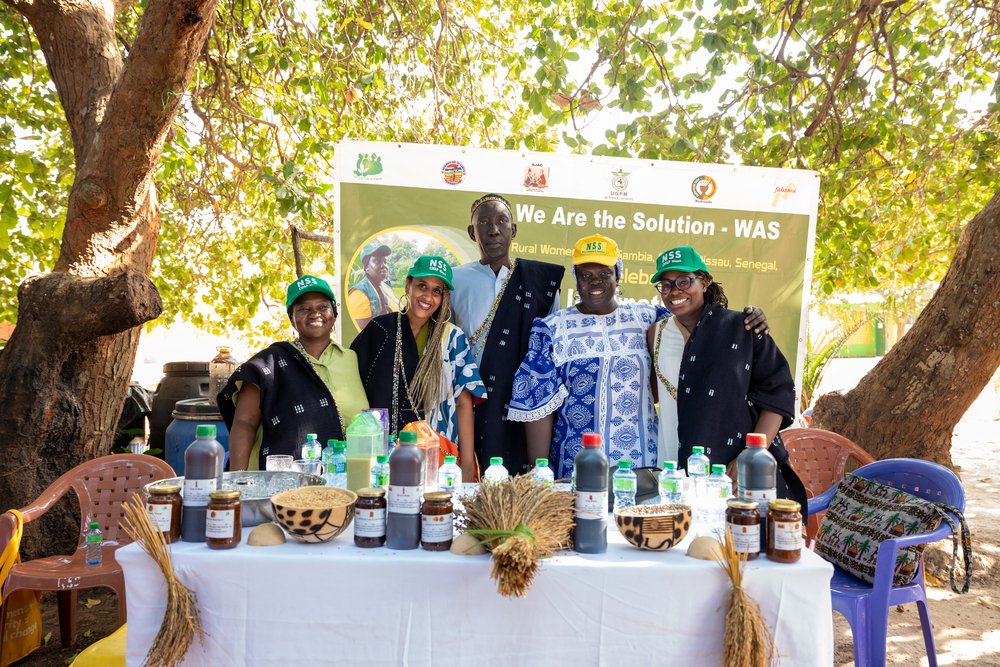
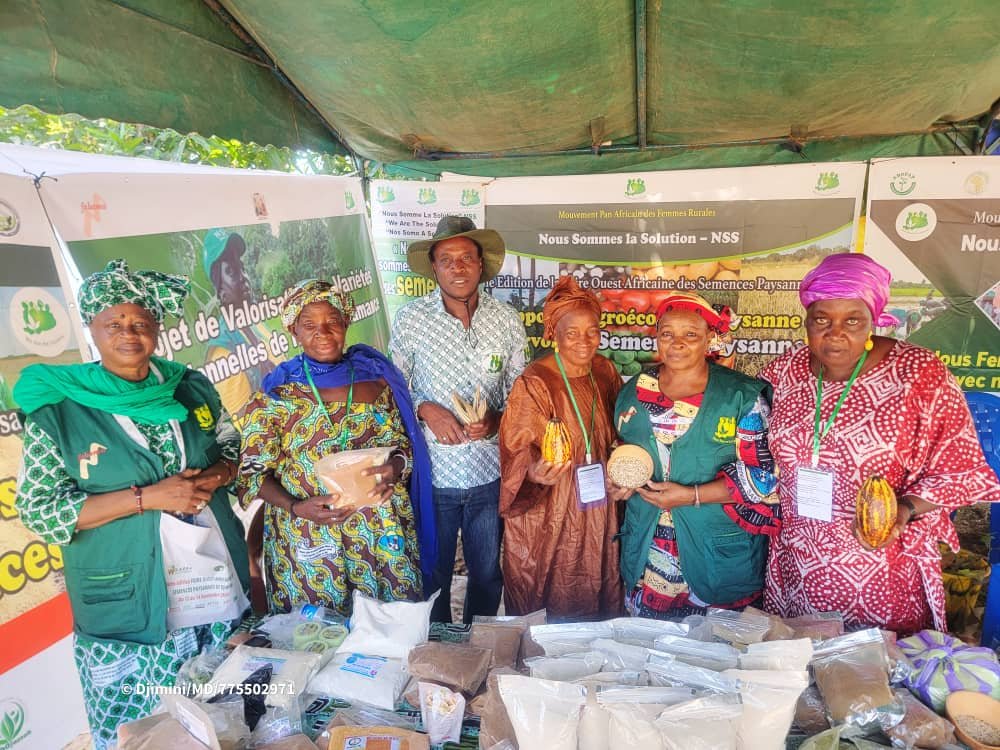
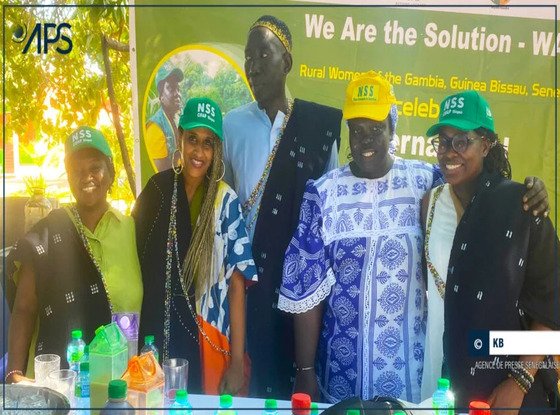
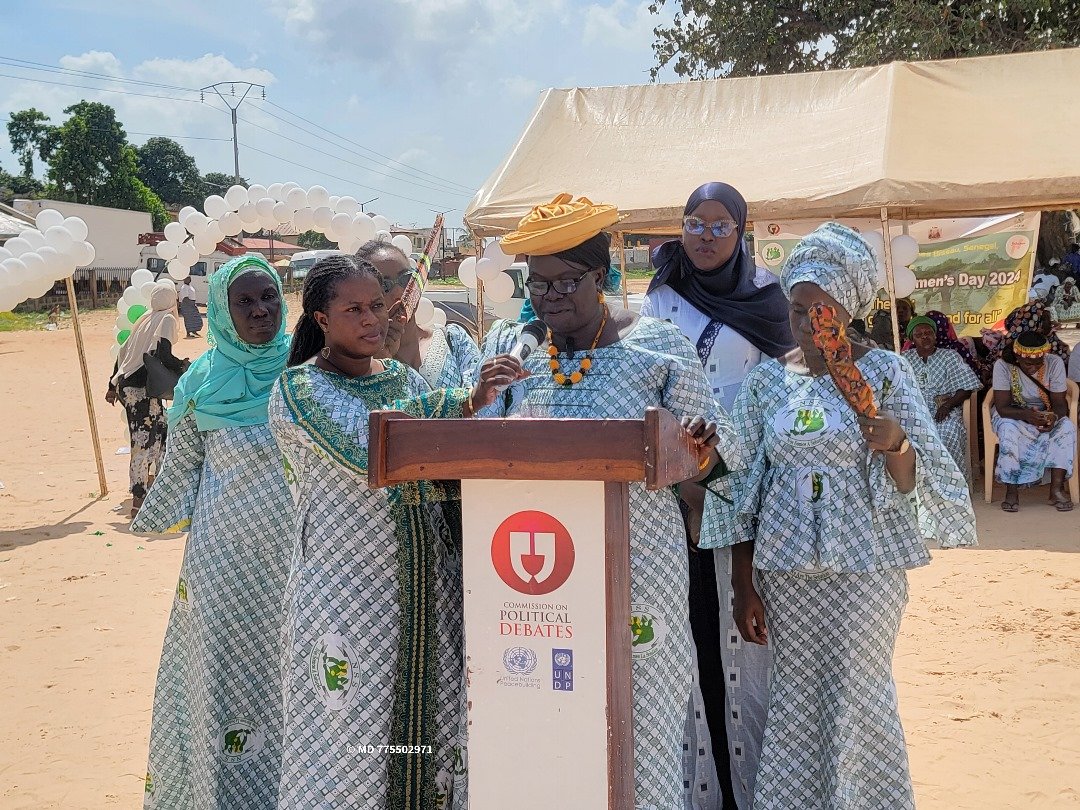
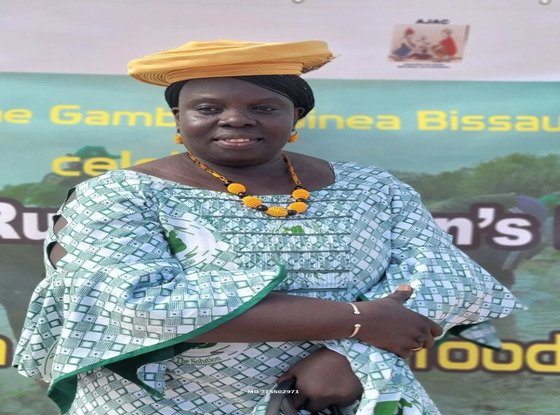
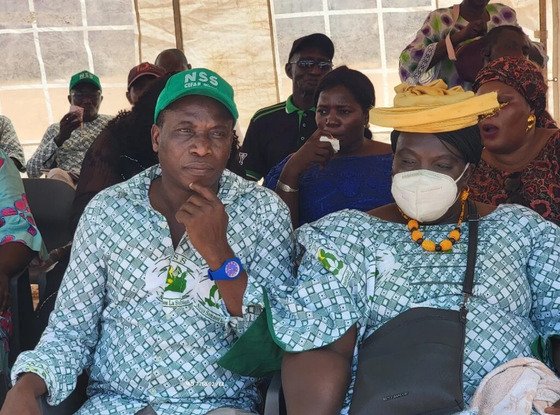

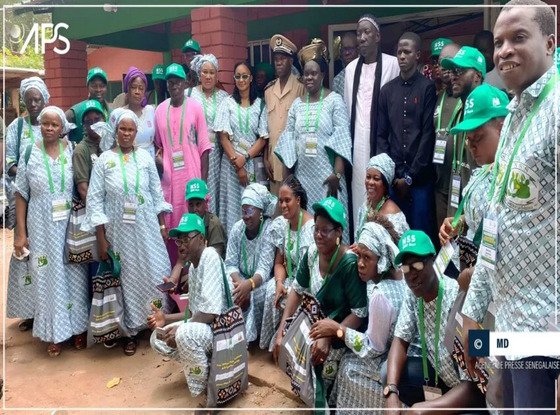

Leave A Comment